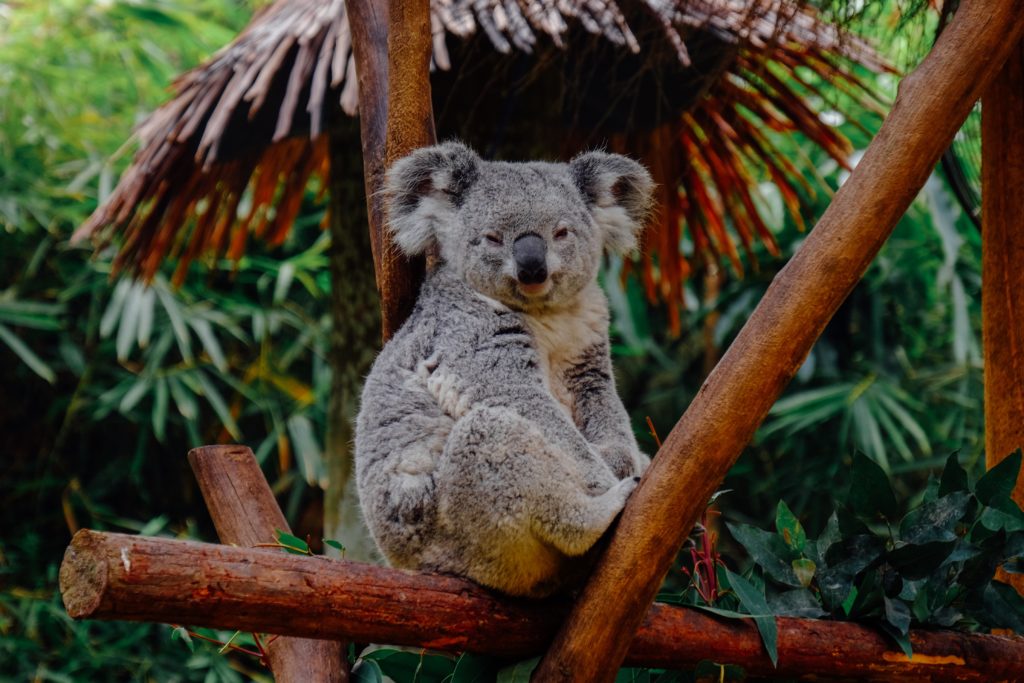Seven million hectares of koala habitat makes up the vast majority of major deforestation hot spots in NSW, a new conservation report says.
The Wilderness Society, WWF Australia and other prominent conservation organisations will join on Wednesday to release the report outlining a plan to end deforestation and excessive land clearing across the state.
WWF Australia CEO, Dermot O’Gorman, said: “It is a wakeup call for our east coast to appear alongside notorious forest deforestation hotspots such as the Amazon, Congo Basin, Sumatra and Borneo. The plight of koalas is matched by alarming declines for many other uniquely Australian species who are losing their forest homes.”
“The NSW government needs to urgently reverse its recent axing of laws that has led to a tripling of koala habitat destruction in north-west New South Wales.”
The report’s key findings is expected to be that 17 of the top 20 deforestation hot spots in NSW contain almost seven million hectares of koala habitat.
The protection of koala habitat has become a talking point ahead of the state election in March.
Labor has promised, if elected, to protect the last disease-free koala colony in NSW in a dedicated national park on Sydney’s southwest fringe.
It’s also backed a National Parks Association of NSW campaign to turn 175,000 hectares of state forest near Coffs Harbour into the Great Koala National Park.
NPA Senior Ecologist, Oisín Sweeney, said: “We call on the government to reinstate tree clearing protections, to toughen its planning policy that it has been reviewing since 2016 and to create the Great Koala National Park if it’s serious about saving koalas.”
Meanwhile, the Berejiklian government has committed to building a koala sanctuary in Pottsville, near Tweed Heads, as part of its $45 million NSW Koala Strategy.
The long-term plan aims to stabilise priority populations and increase koala numbers across the state.
Director General of WWF International, Marco Lambertini, said: “Nature has been silently sustaining and powering our societies and economies for centuries, and continues to do so today. In return, the world has continued to take nature and its services for granted.”
Koala numbers in NSW have decreased an estimated 26 per cent in the past two decades due to disease, expanding cities and other threats, the environment department says.
- Naomi Neilsonhttps://thirdsector.com.au/author/naomi-ts/
- Naomi Neilsonhttps://thirdsector.com.au/author/naomi-ts/
- Naomi Neilsonhttps://thirdsector.com.au/author/naomi-ts/
- Naomi Neilsonhttps://thirdsector.com.au/author/naomi-ts/











